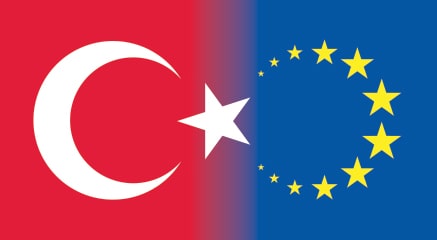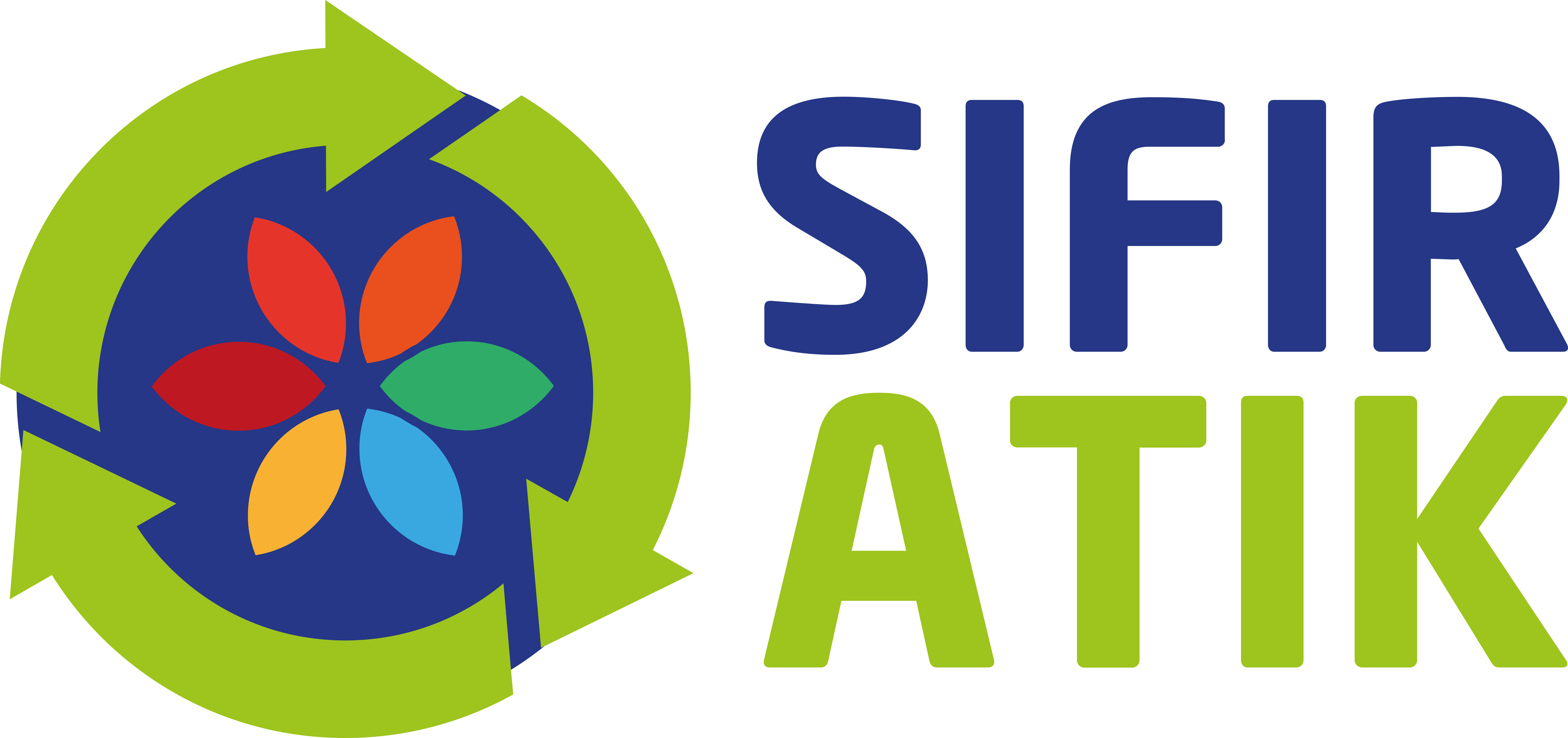Go Zero-Zero Waste Management in Food Sector
One of the seventeen Sustainable Development Goals is “sustainable production and consumption,” encompassing all related stakeholders, including the raw material supply system, manufacturing, distribution, service, and disposal. Sustainable food products offer environmental, social, and economic benefits while safeguarding public health, welfare, and the environment throughout their entire life cycle, from raw material extraction to final disposition. The food industry stands as a powerhouse for the global economy. To effectively implement sustainability practices within the food sector, it is crucial to establish standardization across the main pillars of sustainability, particularly concerning the environment, through globally accepted standards on integrated resource and chemical management alongside waste and emission prevention. UN-associated offices and related stakeholders in the food industry have integrated economic growth with respect for planetary boundaries. The reconciliation of world development with Earth sustainability can be explored through Sustainable Development Goals, ensuring that global economic development aligns with both human and ecological health.
Project Overview
Manufacturing processes in the food sector lead to the generation of various types of wastes, secondary products, and by-products that must be utilized in an integrated way. Regarding the content of the project, one of the main focus points is external reusability and recyclability applications for by-products. This will be provided through an industrial symbiosis guide covering all the details of external management of production waste in upgraded applications of environmental management, with a special emphasis on cleaner production. Environmental problems generated in a local area can easily scale up to a regional problem, which brings the need for collaboration on a wider, regional basis. As the food production is one of the largest manufacturing sectors in Turkey, the food industry has an important role in the national economy and increasing its export potential steadily. Within this frame, food producers from different countries need to collaborate to sustain their international market. Moreover, they need to sustain their product quality and production quality in terms of supply chain management. Considering the Sustainable Development Goals and the Paris Agreement, countries have already agreed on the reduction of carbon emissions. However, the dependence of the global food system on fossil fuels contributes to GHG emissions and may increase input costs to the extent that they become unaffordable. Project partners will contribute as a multidisciplinary team of researchers with their established knowledge in their field. The nested structure of this project will contribute to the growing body of research in integrated waste management opportunities. For this concern, in order to develop a bridge with the aforementioned issues and successful application of zero waste management in the food sector in the partner countries; a pollution prevention ladder stage-based approach is planned to be used in the training contents. The pollution prevention ladder gives an overview of several environment-oriented activities pursued in business. The scope of the project will cover external and internal reuse-recycle-repair-rethink-reduce options for an integrated waste management system with the main target of efficient zero waste application.
Project Partners
This project has 9 partners from 6 countries. Applicant organisation is İstanbul Provincial Directorate of Environment and Urbanisation. Governorship of İstanbul (TR), Boğaziçi University (TR), ENAİP LOMBARDİA (IT), MANRA (ES), Media Creativa (ES), Latvia University of Life Sciences and Technologies (LVA), Exponential Training & Assessment Limited (UK), Kaunas Food Industry and Trade Training Centre (LT) are project partners. This partnership will create the following outputs:
Project Outputs
- IO1: Comprehensive Framework on Waste Management Applications in Europe and A Comparative Report (on Current Legislation)
- IO2: Waste Management Skills Defined in Food Sector and the Training Curriculum (EQF4)
- IO3: Training Content For Waste Management in Food Sector
- IO4: Enriched Educational Materials and E-learning Platform
- IO5: Industrial Symbiosis Guide
- IO6: White Paper: Recommendation Paper on Waste Management in Food Sector
In terms of project management, we will have a Quality Management Plan (including assessment tools and risk management plan) and Dissemination Plan. We will realize 1 LTT short-term staff training as well as 5 TPMs. Moreover, 6 MEs will be held to disseminate project results.



